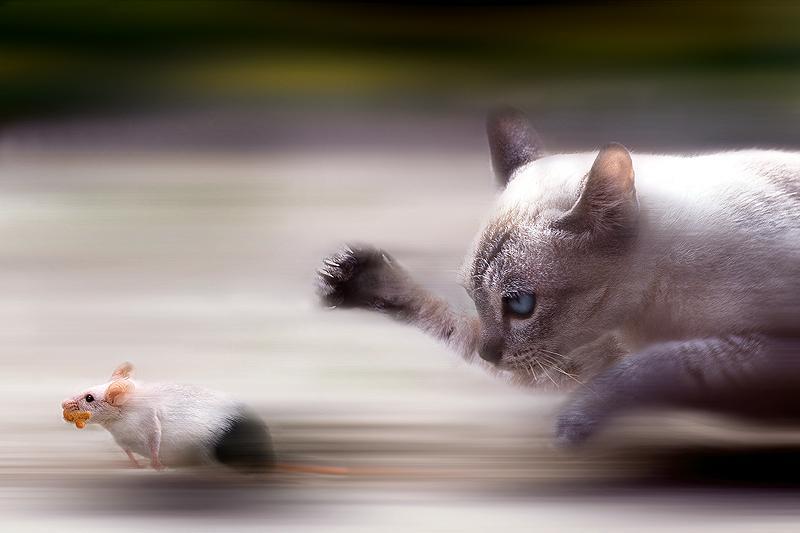
In the Enneagram map, the Center of the Body is – both for Gurdjieff and for Ichazo – divided into three further Centers referring to different areas of survival. These are three qualities of instinctive intelligence that can be expressed in a functional way or used improperly. Ichazo has identified that for each of us, regardless of the dominant type, one of these three areas is a cause of greater concern than the other two. The Instinctive Variants indicate which of the three fundamental instincts has been most distorted in the early years of life, resulting in peculiar concerns and behaviors across the entire spectrum of personality type. They clearly describe in which area of life the effort to recover the experience of the Essential Qualities that are so precious to us is concentrated.
Working with instincts is a very important aspect of the spiritual journey because our realisation is deeply connected with the drive to survive.
Instinct is an impulse, an innate and natural tendency that drives all living beings to adopt behaviors or perform acts that are useful or necessary for their own or their species’ preservation without the intervention of will or reasoning. It is a characteristic inherent in the genetic heritage, an internal force in the organism that aims to satisfy primary needs and drives automatic behavior.
Phylogenetically, humans share with animals some fundamental movement patterns that concern this shared drive to survive as cellular beings constantly involved with gravity, space and time.
Ontogenetically, humans develop some specific movement patterns – in particular from conception to the first year of life – that are also influenced by individual tendencies, the environment and culture.
Movement is our first language and the quality of the development of all these patterns leads, in addition to a specific sense of oneself, also to different ways of being in the world and sometimes complicated and tiring compensations and strategies for dealing with internal and external stimuli. These are internal patterns that have a global influence on the functioning of each individual, establish the foundation on which physical, perceptive, emotional and cognitive processes are built and are the basis of the sense of self and the relationship with others and with the environment.
Without confronting our instincts, without learning to understand and develop them and without integrating them with our spiritual nature, we can neither actualize our fulfillment nor maintain it. It is virtually impossible to be more balanced without recognizing these non-negotiable animal forces and without actively engaging with them.
Even if it concerns aspects that we all experience continuously, the vast majority of individuals who believe they are evolved and aware live in constant unconscious prison of the lowest and most reactive aspects of their impulses.
Particularly in historical moments of great chaos, cultural decadence and social degradation – such as the current one for the Western world – it is precisely human instincts that manifest themselves in evidently distorted and destructive ways. When these powerful forces limit the human heart and mind, they cause suffering even for those who are sincerely committed to spiritual growth.
Precisely because of their irrational nature, instincts can trigger reactivity and lead us astray without us realizing it. When they act automatically and unconsciously, they keep us stuck and are the first barrier to change. While with Fixations and Passions the work is to know what to observe and stay present, recognize where we are internally and accept what happens with love and openness, when it comes to instincts this is not enough. In addition to knowing what to pay attention to, an active commitment is necessary: instincts are practical and require practical actions. Many spiritual or psychological paths undervalue, devalue, ignore or even try to control instincts to eliminate them. Many models of personal growth do not consider this aspect and some even reinforce its automatisms. We often seek out and follow techniques, methods, approaches and practices that correspond to what we instinctively like, that do not challenge assumptions and habits, and that end up feeding limiting and predictable mechanisms.
Liberation from destructive reactivity does not happen by distancing ourselves from this animal part, but by supporting it with conscious awareness to develop into what it means to be a true human being in the world. Paths that truly work with instincts are rare and it is an adventure that most people do not consciously undertake because it requires courage, intention, attention, commitment.
Through proper teachings, inquiry into one’s own experience, and exploration of the qualities of somatic movement patterns developed from conception to the first year of life, one can know one’s social, sexual, and self-preservation instincts in action. We can bring conscious awareness to these internal processes, recognizing how and when they are impediments and resources to incarnation as a fully realized human being. All of our instincts can be in support of a true life, a life that does not separate between body and spirit, but rather that loves life.
Body learning is profound, effective, and practical because it touches cellular consciousness. Instead of directing our consciousness, we experience it in a non-cognitive way that is much more direct and profound. We touch consciousness in the body instead of directing the movement of the body in search of information or a specific state.
It is an invitation to be open to an exploration without expectations, in which we let go of all the doing we know, all the things that work. It is a process of remembering in which an inner space opens up from which all the information we need emerges.
I hope to receive a feedback to my words and to meet you on the path
Maura Amelia Bonanno

